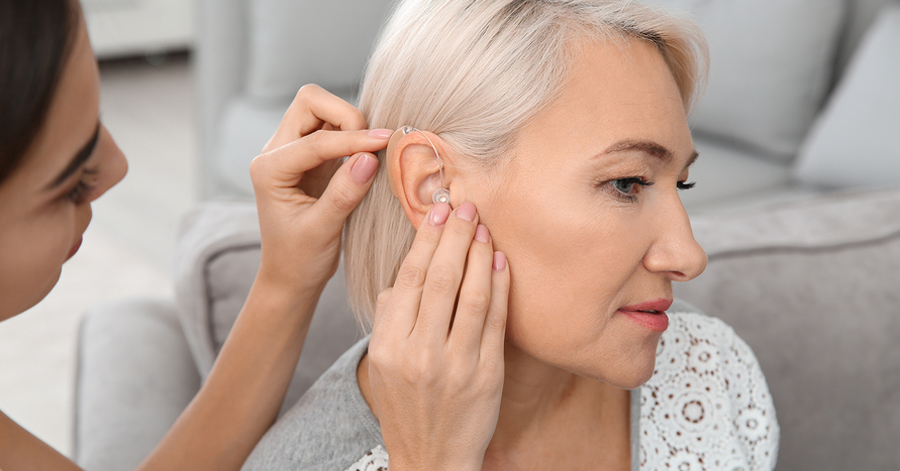Unilateral hearing loss is hearing loss in one ear and can be mild to severe or profound. There can be many reasons for hearing loss in one ear. It is known as single-sided deafness if hearing loss is severe or profound.

One ear impartment can occur in both adults and children. Symptoms of one-sided hearing loss appear when you start to listen less from one ear. It makes it difficult for you to understand the person talking to you standing on that side. People with one side hearing impartment cannot localize sound, and it affects daily life routine. It also affects the awareness of sound originated on the compromised side. People with unilateral hearing loss may also experience tinnitus.
Unilateral hearing loss can be due to many different causes.
- It can be conductive or sensorineural.
- It can be heredity.
- It can occur due to injury or trauma to one side of the head
- It can be due to acoustic neuroma.
- It may be the result of viral or bacterial infections.
Some other causes are maternal illness, microtia Meniere’s, and mastoiditis. Injury to the brain can also cause this problem. Over or sudden exposure to loud noise on one side can also cause this issue.
Treatment of one side hearing impartment can be surgical and non-surgical depending upon the cause of the problem. It is normally treated with hearing aids and devices that help in the listening by amplifying the sounds. Bone conduction devices are helpful in this problem, and a cochlear implant can also be used for one-sided hearing loss.
If hearing loss is due to infection, it can be treated with medication and proper care. If there is less hearing sensation left, then amplification devices are used, and if hearing loss is severe device named CROS is used, which transfers the sound from the affected side to the normal side. Bone conduction devices are also used in severe or profound hearing loss in one ear.
Unilateral Hearing loss in children can cause many development problems like speech recognition and language development. It also affects their ability to localize sound. It can also affect their confidence and performance in class. In babies, it can make it difficult for them to localize sound and walk.
Hearing loss in children is usually treated with amplification devices or bone conductive devices.
Unilateral hearing loss can be sudden, and it should be diagnosed and treated as soon as possible to increase the chances of recovery.
If you feel you have hearing loss, you should go for a proper hearing test and consult with your doctor as soon as possible.
Conclusion
One side hearing impartment or unilateral hearing loss can be conductive or sensorineural and can occur at any age. Symptoms are loss of hearing sensation in one ear or difficulty in localizing sound. It can be due to many different reasons like injury, heredity, or infection. It can be treated with medication or with the help of hearing aid devices or bone conductive devices.

Nancy Bonney is a health blogger and the founder of her own blog about fitness. She has been blogging for three years now and loves to share what she learns with others. Nancy enjoys reading, cooking, and staying active outdoors.
